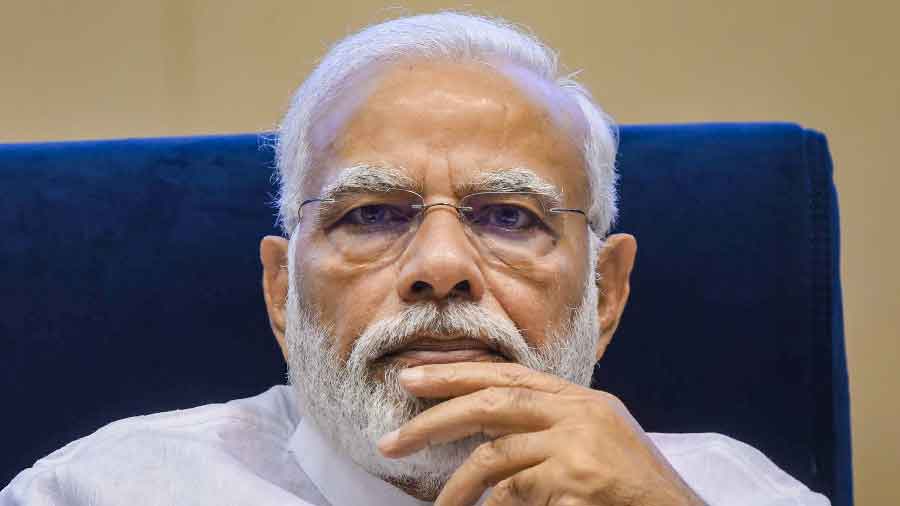An adversarial relationship between governments and journalists is healthy for democracy. But recent data released by Twitter lend weight to growing concerns that the current government of Prime Minister Narendra Modi either does not believe in — or does not understand the concept of — a free and independent media. According to Twitter, Mr Modi’s government sought the censorship of more posts from verified journalists and media organisations than any other administration in the world in the second half of 2021. Last month, the social media platform sued the Indian government for demanding that Twitter block accounts and pull down content that the organisation concluded was legitimate. The case and the data mark the latest chapters in an escalating fight between Twitter and the Centre, which, during the farmers’ protests early last year, had ordered the platform to crack down on critical views. New social media rules introduced in May 2021 gave the government the legal heft to demand compliance from tech firms like Twitter.
But the government’s tussle with Twitter — which has only around 24 million active users in India — is part of a larger battle over the control of data and information that go to the heart of the concept of free speech and an independent press. Unlike authoritarian regimes and even some democracies, Mr Modi’s government has not banned platforms like Twitter that have refused to tow its line — at least so far. But using increasingly draconian regulations and court orders, it is salami-slicing freedom of expression. On the one hand, Mr Modi committed to defending free speech online and offline in June alongside leaders of the G-7 developed nations and four developing countries. On the other hand, governments controlled by the Bharatiya Janata Party have arrested and attempted to intimidate journalists and fact-checkers, often charging them under draconian laws. Kashmiri journalists have been stopped from leaving the country. The prime minister himself is yet to address a press conference. When he travels abroad, the ministry of external affairs works with foreign governments to shield Mr Modi from potentially difficult questions. At home, Mr Modi is known to give scripted interviews. Meanwhile, the government has also withdrawn a proposed data privacy law from Parliament. Mr Modi’s team must rethink its approach: fearing journalists while failing to ensure data privacy does not reflect well on a democracy celebrating 75 years of Independence.











